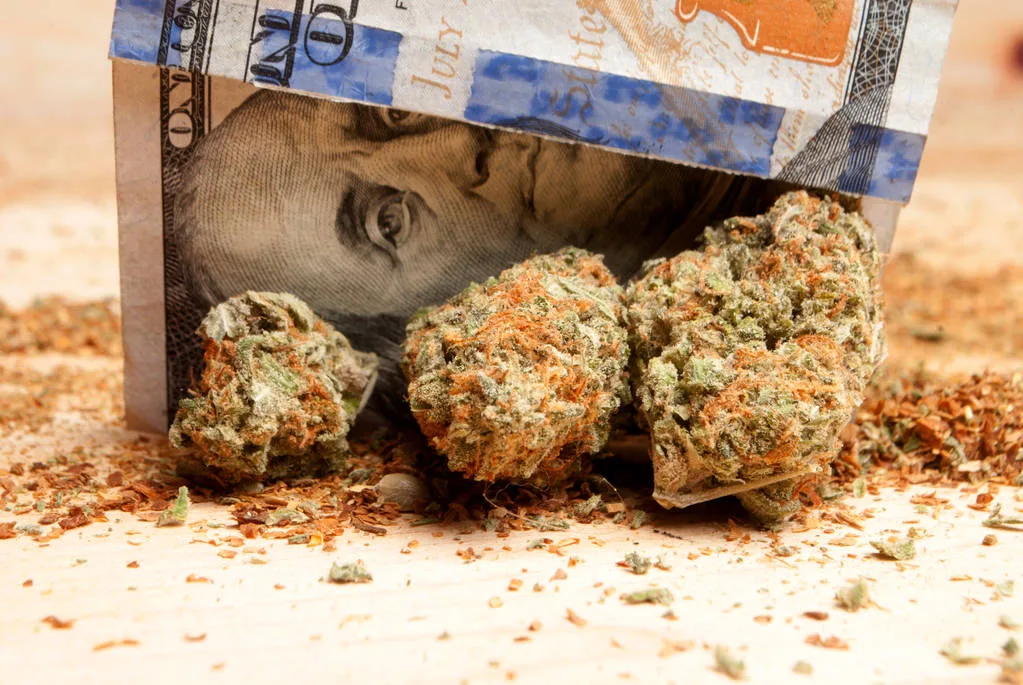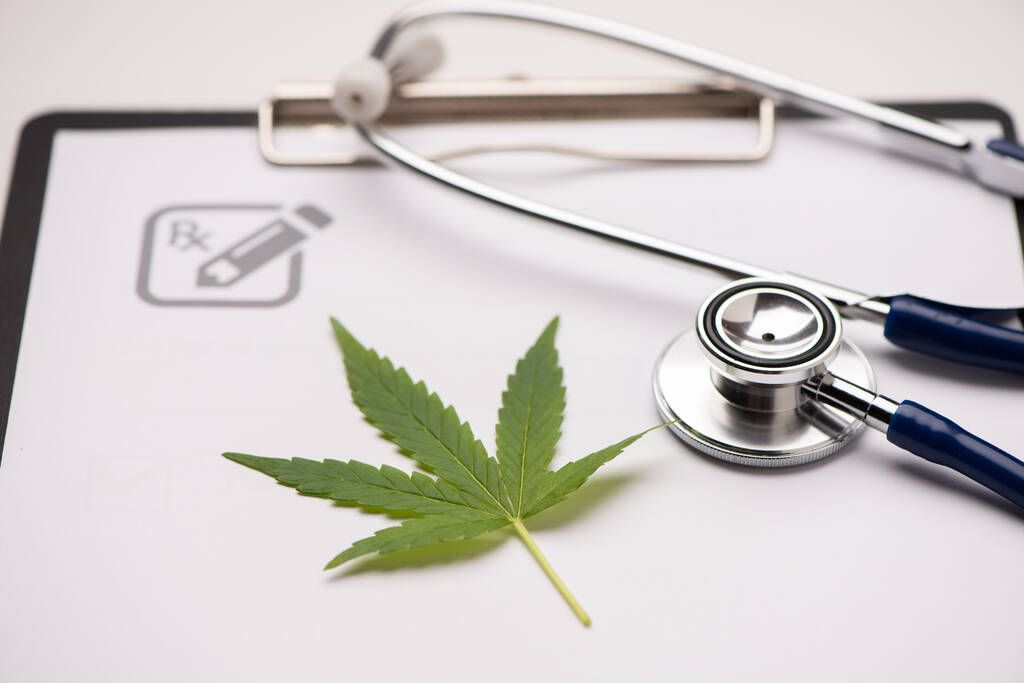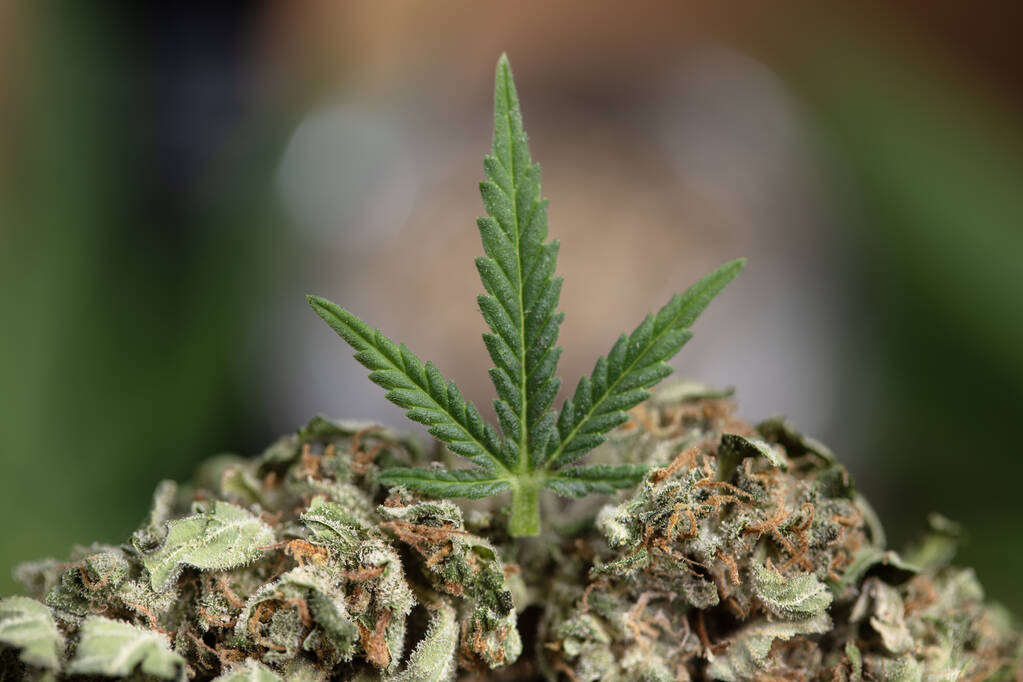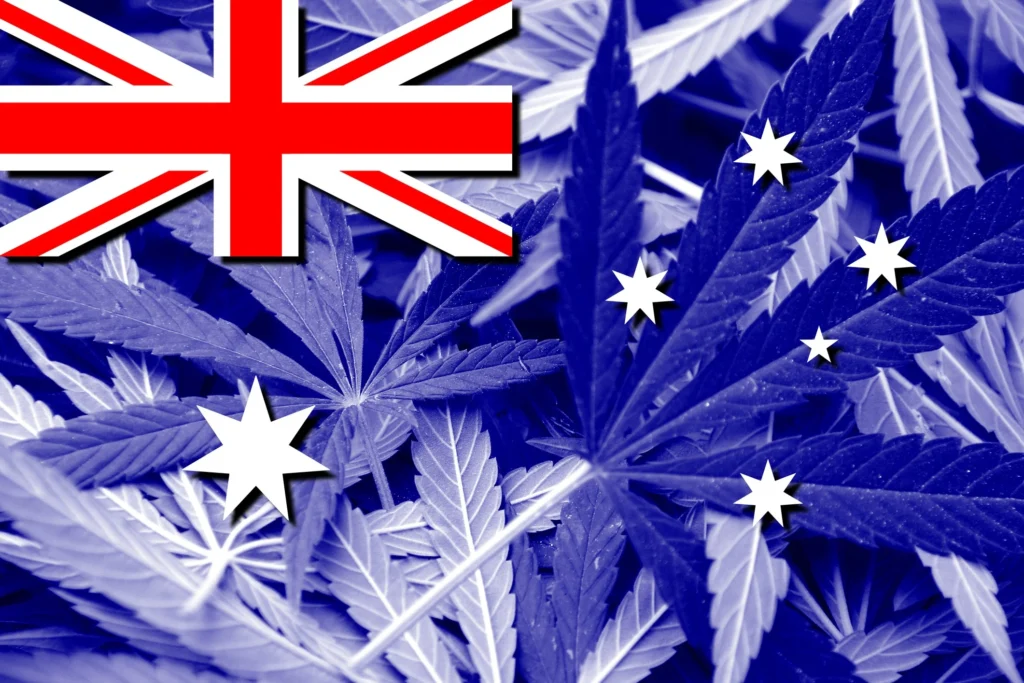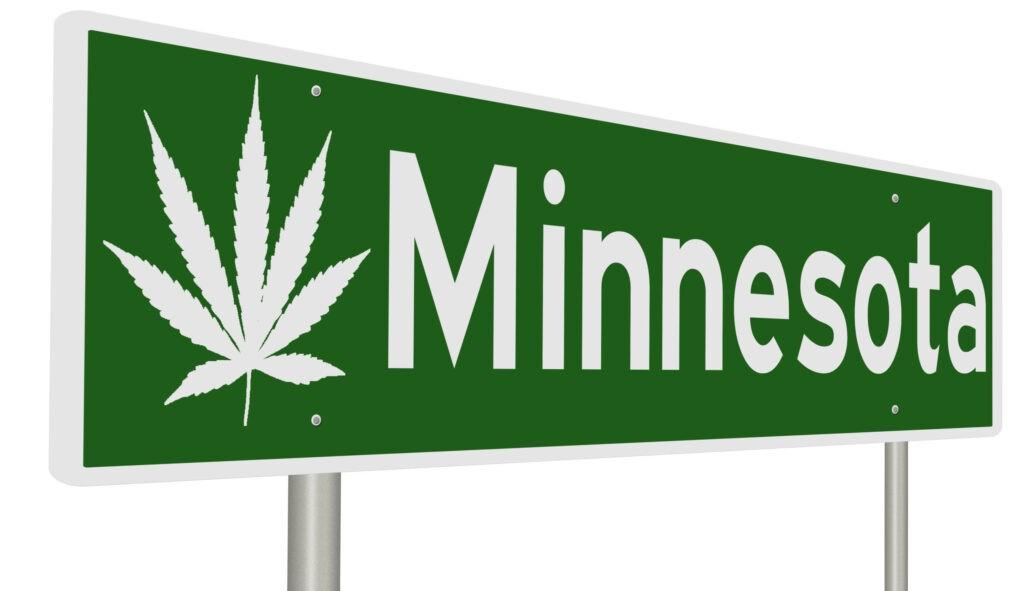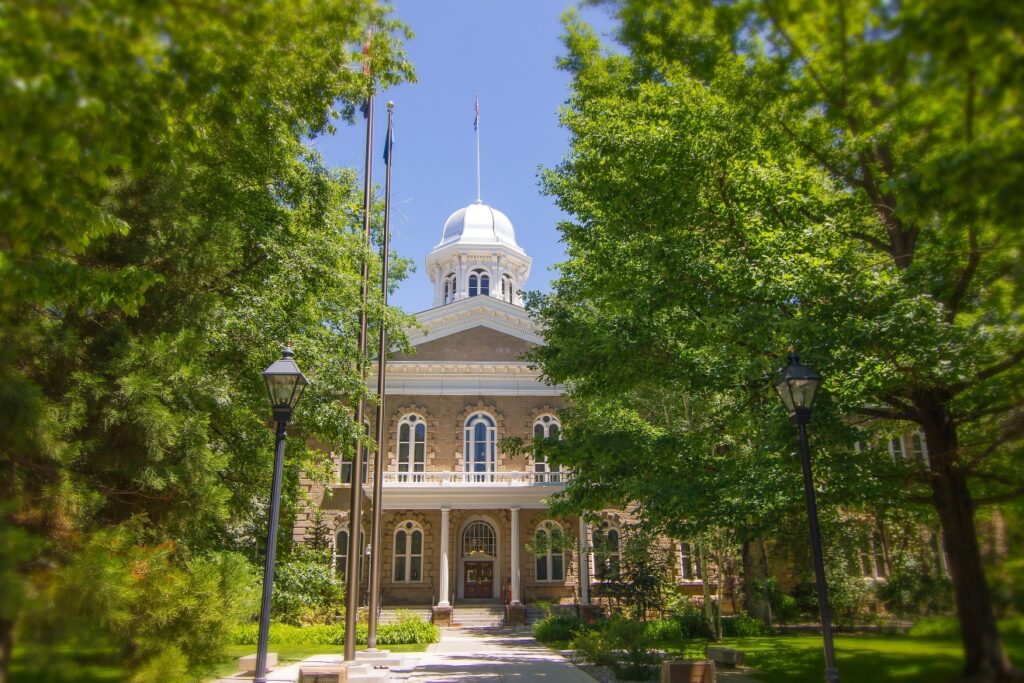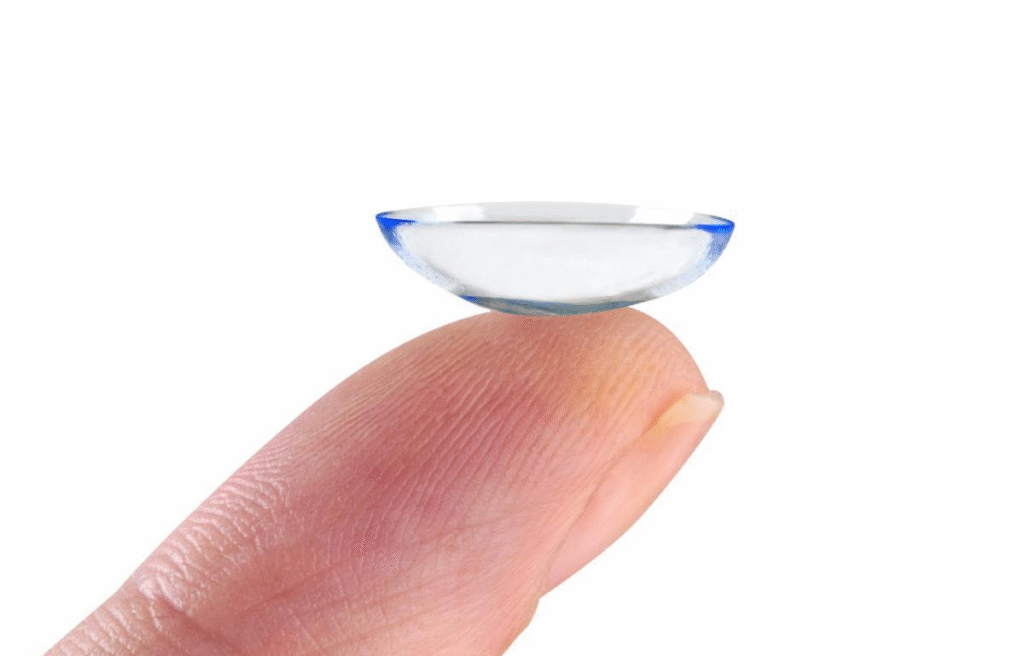A study published today by the journal Developmental Neurobiology found that cannabidiol (CBD) oil may improve core symptoms of autism and reduce oxidative stress.

Researchers from several Pakistani institutions, including the National University of Sciences and Technology and Quaid-i-Azam University, examined the effects of CBD oil on mice with autism-like behaviors induced by valproic acid (VPA) exposure during gestation.
The study used male offspring of mice exposed to 600 mg/kg of VPA on gestational day 13 to model autism spectrum disorder (ASD). These mice exhibited classic signs associated with ASD, such as increased anxiety, reduced social interaction, and delayed pain responses. Biochemical tests revealed that VPA exposure also led to lower levels of antioxidants, including glutathione.
Continue reading

